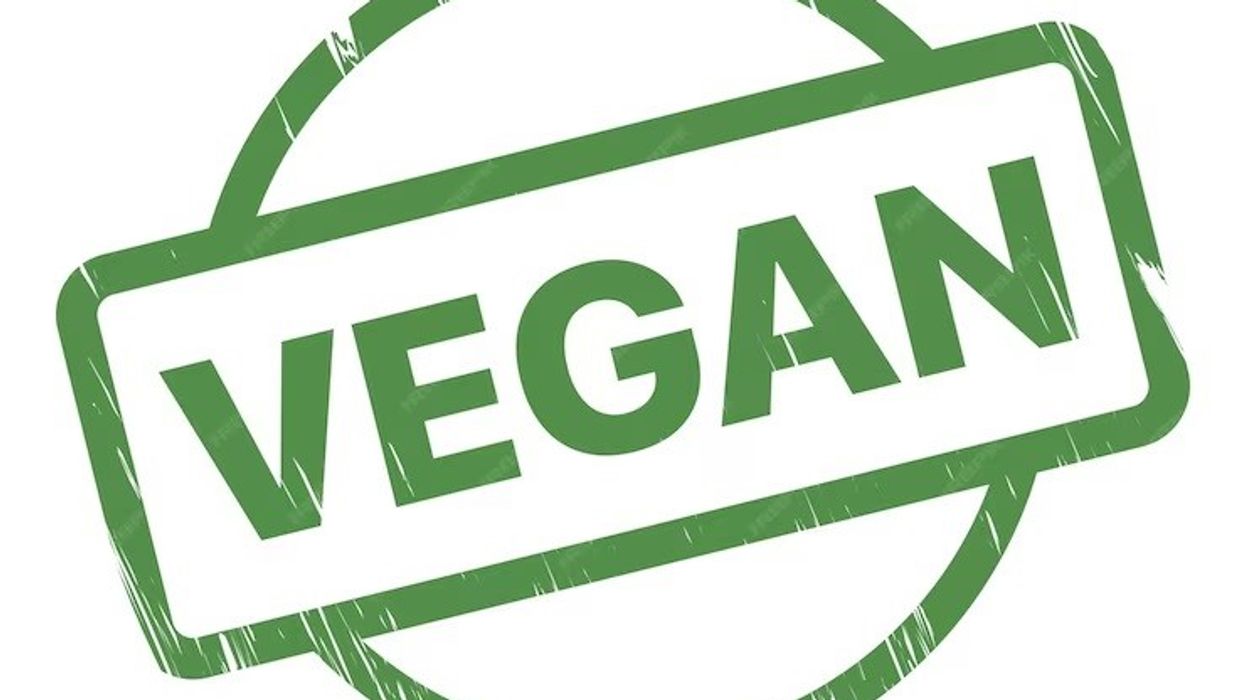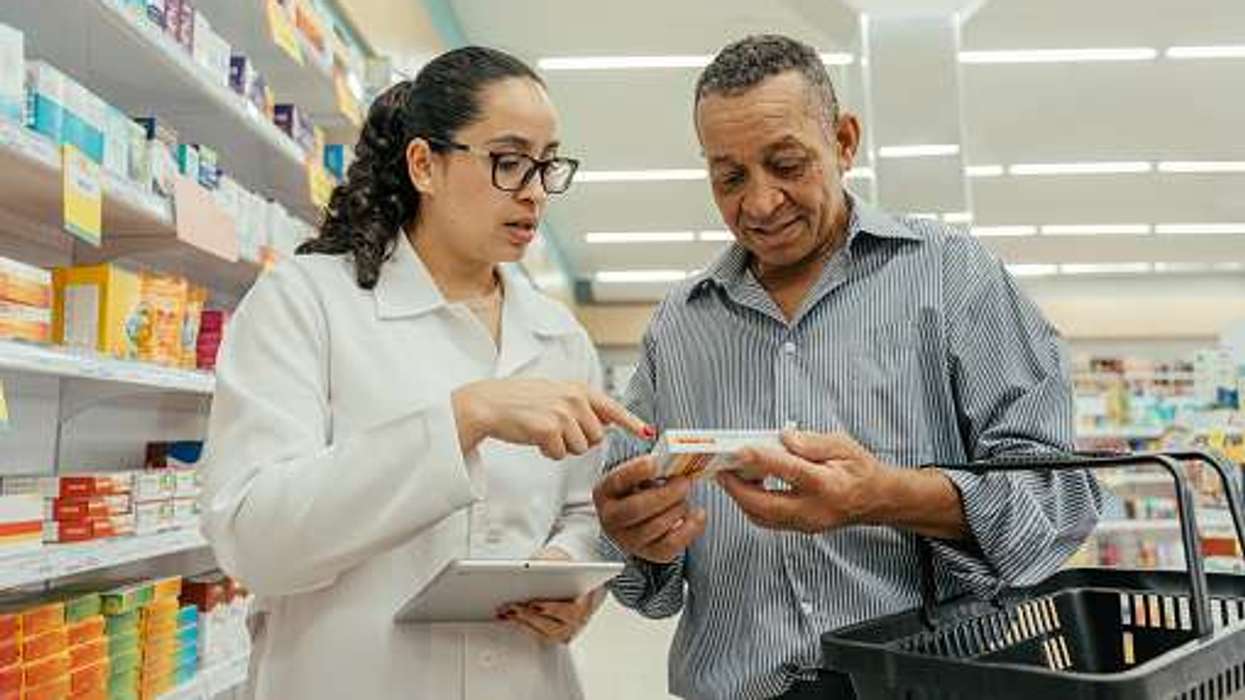More than 60 per cent of people who are allergic to animal-based products believe that food labelled ‘vegan’ is safe to eat
The Food Standards Agency (FSA) has launched a campaign to caution people with food allergies about the risk of products labelled as ‘vegan’.
People who have an allergy to milk, eggs, fish and crustaceans or molluscs are encouraged to always check for a precautionary allergen statement such as ‘may contain’ on products labelled 'vegan' before consuming the food.
The launch of the campaign comes in the wake of recent research findings by the FSA that 62 per cent of individuals with reactions to animal-based products or who buy for someone with allergies were confident that products labelled ‘vegan’ are safe to eat. This is “incorrect” and may put them at risk, the agency said.
The FSA study found that 54 per cent of people who experience reactions to animal-based products and 53 per cent of those purchasing for someone with a food hypersensitivity to animal-origin products have used vegan labelling to determine the safety of packaged food on at least some occasions.
Nearly 30 per cent of these buyers were unaware that they should check for a precautionary allergen label on vegan products to assess the safety of the food.
Emily Miles, CEO of the FSA, expressed concern that a significant number of individuals who are allergic to animal-based products believe that food labelled as 'Vegan' is safe for them.
She cautioned that there is a risk of cross-contamination with animal-based allergens in vegan and plant-based products if they are produced in the same factory as animal-based products.
The campaign also explains the difference between a free-from label and a vegan or plant-based label. To use a free-from label, food establishments must follow strict processes to eliminate the possibility of cross-contamination, ensuring that the products do not contain any of the allergen they claim to be free from.
Claire Ogley, head of campaigns, policy and research at the Vegan Society, highlighted the importance of clear labelling to people who follow a vegan diet, especially for people with food allergies.
Ogley cautioned that a ‘vegan’ label does not necessarily mean the product is ‘allergen-free’ and advised people with allergies to always check the allergen labelling on products before consuming them.
Allergy UK, Anaphylaxis UK and the Natasha Allergy Research Foundation are supporting the campaign.
Recently, the FSA updated its food labelling technical guidance for food businesses, advising them to use a Precautionary Allergen Label (PAL) alongside a vegan label, if cross-contamination can’t be ruled out.













